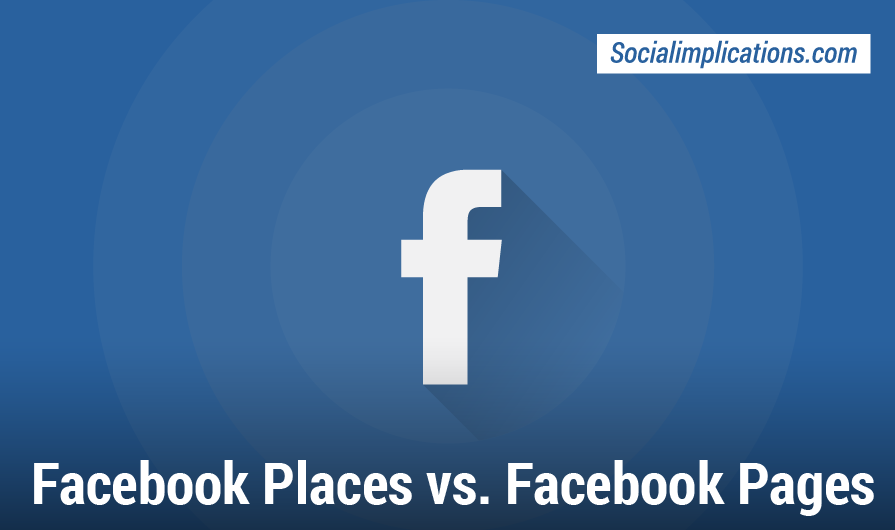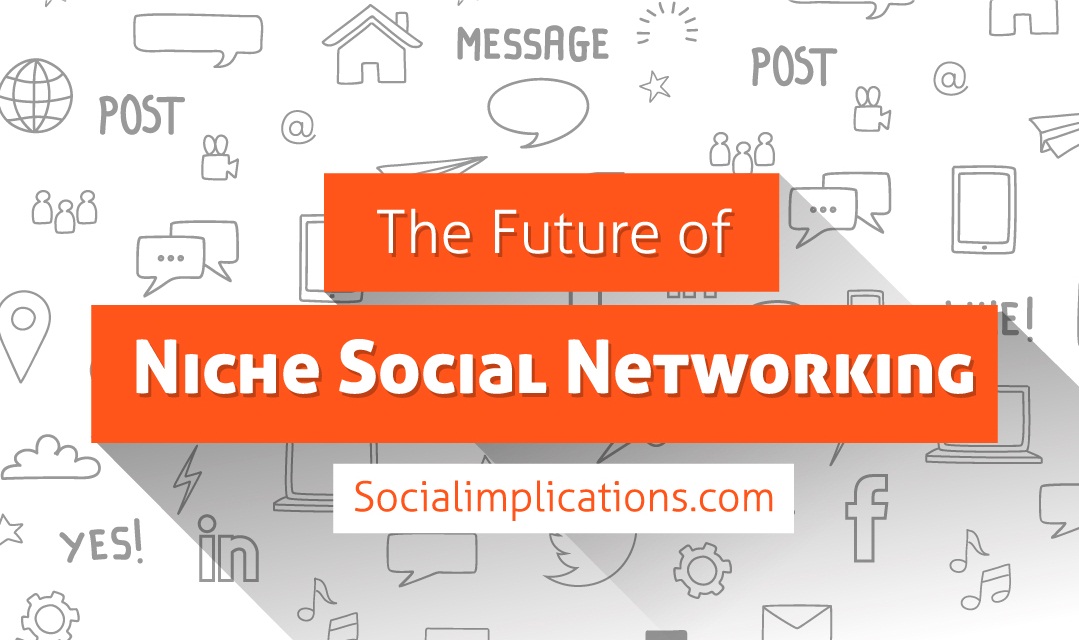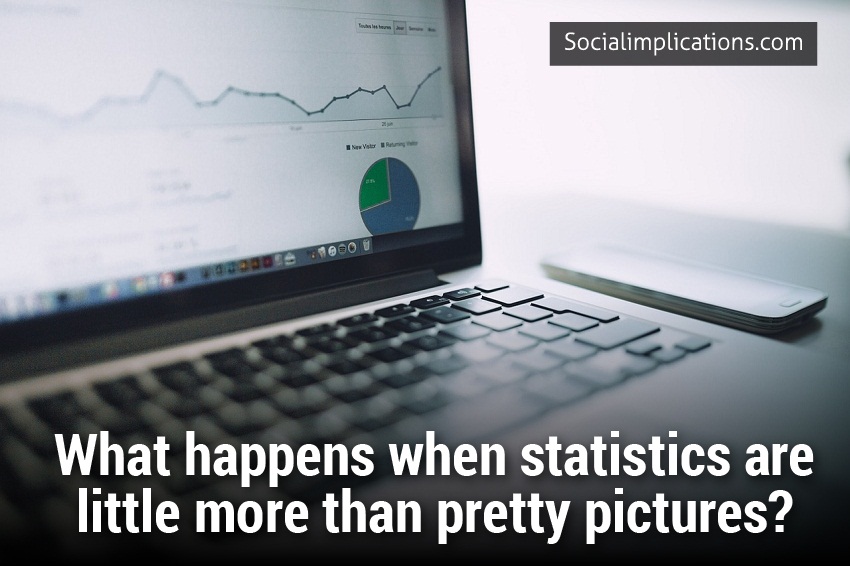
Sites such as Gowalla and Foursquare have made a lot of noise in the last year as social media has made its way to mobile phones. Not only do these sites allow you to connect with friends and find out where they are, but also allow businesses jump into a new form of marketing.
Businesses can now create promotions for people who check-in at their business. For example, foursquare users who check-in at Chili’s (participating locations only) receive free chips and salsa. All users have to do is mention that they have checked in on Foursquare and they receive the discount. Promotions like these have caused Facebook to step up and add a new featured called Facebook Places.
What is Facebook Places?
Facebook Places is Facebook’s answer to location based social networks. Businesses have the ability to go into Facebook and set up a “Place” which will allow Facebook users to check in using an iPhone App or the website touch.facebook.com.
By checking into a business your Facebook friends can now see where you are without you having to connect another social network to your Facebook account or relying on your friends to be a part of another social network. If they are out with you, they can be tagged in the check-in as well, letting their friends see where they’re at. This is also a form of promotion for a business as the more people check into a location the more the business name gets out to their friends, which invites new potential customers into the business.
Facebook Places does respect the privacy of users and does allow Facebook users to choose who gets to see where they check-in and if they are tagged in a check-in.
The major downside is that once a business is added to Facebook Places, at the moment it cannot be edited, so once it is set up there is no chance to add or remove information from it. Businesses can claim their Place if they were not the ones who initially added it and add the basic information, but once it has been edited there is nothing more they can do. This is why Facebook Pages aren’t going anywhere.
Facebook Places vs. Facebook Pages
While Facebook Places is a step in the right direction for Facebook, it’s causing a lot of confusion among businesses. Some businesses already have a Facebook group, a Facebook page, and now they need to add a Facebook Place. None of them are linked together, so which should a business use?
Most businesses have already phased out their Facebook Group; since the Facebook Pages were created for official for businesses and groups are now set-up for fans to maintain.
If you are a business owner starting fresh with your business on Facebook, start with a Facebook Page and a Facebook Place (only if you have a physical location for your business).
The Facebook Page will allow you to connect with “fans” of your business and post updates about your business as well as allow you to update your profile whenever you want. Most Facebook users are familiar with Facebook Pages and the “like” button associated with them. With your Facebook Page set up you now have a way to let fans post notes to your wall, photos to your photo album, or limit it down so all they can do is read about your business. Facebook Pages allows your fans to directly interact with your business.
The Facebook Place should be created to allow people to check-in to your business and tell their friends. The best part about Facebook Places is that it will more or less maintain itself once it has been created. Facebook users do have the ability to “like” the Facebook Place as well so encourage visitors to press the “like” button after they check-in.
How to Set Them Up
The one important thing to remember about anything on Facebook is that you must have an account to create a Page or a Place. The first step is registering your Facebook account [www.facebook.com], and then moving forward with the business information. By setting up the Places and Pages under your account you will automatically become an admin of it.
Facebook Places
While Facebook initially set up a number of places by default, not every location is there. You can either add a new Facebook Place or claim a listing as your own (if it really is your own).
To add a new Facebook Place
- Go to touch.facebook.com
- Click Check-in
- Add in a description of the Place
- Click “Add”
Claim Your Business
- Search Facebook Places for your business
- Click the link that says, “Is this your business?”
- Follow the steps to verify that you own the business.
Facebook Pages
Facebook Pages are fairly easy to set up and most Facebook users know how to connect with them fairly easily.
- Go to facebook.com/pages
- Click “+ Create a Page”
- As long as the page is for your business it is considered an Official Page.
- Fill in the basics about your business
- Click “Create Official Page”
Pretty simple, huh? Now your business is set up and ready to go, so what is the next step?
Maintain and Promote
Now that your business is set up on Facebook Pages and Facebook Places the next step is to maintain everything that has been set up. Encourage your customers and friends to “like” your Facebook Page and encourage your employees to check-in to the Facebook Place each day.
As more people check-in to the Facebook Place, more people will start to notice it on their Facebook news feeds. Post information, advertisements, and promotions for your business on the Facebook Page to draw people in to learn more about your business.
Overtime people are hoping that Facebook Pages can be linked to Facebook Places, allowing Facebook Users only to like one page instead of two. For now, using these two Facebook applications together will start to build up a fan base that you might not have had outside of the social network.














Over here in Singapore, brands are setting up Facebook Pages and using Taggo to recognise fans at their venue. Once the fans are recognised at the venue, the cashier can give the fan promotion or benefits as promised on the wall.
We have also introduced a new service which when a fan taps at the store, it automatically updates on the fan’s wall that he/she has been recognised as a fan and suggest to her friends to join the Page.
A launch contest is a great way to launch a blog.
One way to maximize the effectiveness of a contest is to leverage the viral nature of twitter. This can be done by offering an entry into the contest by retweeting a certain tweet about a quality piece of content.
If the content you require people tweet is shareable then there is a good chance that it will be retweeted many times and it may even go viral.
By netting many Retweets and displaying them with a tweet or tweetmeme button you will give your blog some social proof that will help you establish yourself as a blogging force from the get go.
Cheers,
Garin
@GarinKilpatrick
How do you track who re tweeted?
Allison –
Using a program like bit.ly to shorten the url of a post allows you to get some extra tracking if you have an account associated with them. There are also buttons such as tweetmeme that give you statistics about whose tweeting a post. If you aren’t using either of those you can always do a search at search.twitter.com for your tweet and see who has tweeted it!
Yes, but it also sucks away some of your page rank we’ve found. Approx one point of PR.
Thus we’ve just installed out own url shortener. We get the short urls, tracking capability and don’t loose link juice.
Also some url shorteners frame your content as their own. Which not only is theft (except that you agreed to letting them frame your content as theirs by agreeing to their terms), but also prevents SE’s from indexing it.
Well, that’s a pretty big exception to still toss the word “theft” around. 😉 And really, PR (as in Page Rank) doesn’t mean very much these days — certainly not enough that most average bloggers, site owners, or others using Facebook to promote their businesses are going to bother setting up their own URL shorteners to preserve it. At this point it’s an antiquated metric.
PageRank does mean less than it used to. BUT Pagerank is still the 2nd most important determining factor in ranking for competitive keyphrases in Google’s eyes. Just look at a search for anything competitive and you’ll see those with low page rank aren’t on the first page, for the most part, of courser there are exceptions and there other important factors, like domain name.
I find it astounding that an author on an SEO web site would say such a thing for whatever reason you did. But hey, everyone misspeaks occasionally, especially me! Here’s your chance to clarify. I’m sure you didn’t mean to imply that Page Rank isn’t a major determining factor that Google uses to determine who ranks higher than who in it’s SERP’s.
Um, the last I heard even Google didn’t want people checking and relying on Pagerank so much anymore because of the uncalled for obsession and resulting abuse. Have any sources to prove it’s the 2nd most important factor in rankings? I don’t buy it. Incoming links? Maybe. Pagerank specifically? No. They’re related, but not the same thing. And don’t even get me started about people who focus on toolbar PR because they don’t know the real PR of a site — another problem altogether.
Google’s own folks call it over-hyped and note it’s “just one of many things” (nowhere near calling it the 2nd most important factor in rankings).
And I disagree about low PR sites not ranking well. I’ve repeatedly earned 1st page rankings for brand new, 0PR sites I run because I know how to run a launch promotion, get attention, and build fast relevant links. It’s not an exception. It’s about knowing how to do your job. And you don’t do that by putting your emphasis on the little green bar. You do that by focusing on quality and networking. Those things over time can lead to a higher PR, but that’s a side effect — very different than focusing on PR which often leads to abuse of the system (like link spamming).
And quick tip: Do not, under any circumstances, presume to put words in my mouth or tell others what I “meant to imply.” Ignorant and insulting comments will not be approved or responded to in the future. I don’t speak without knowing what I intend to say, thanks. And by the way, this is not an SEO website. Please do not confuse social media and search engine optimization.
I don’t mind disagreement. The validity of PageRank as a metric has been a hotly contested issue for quite some time, so I don’t expect everyone to agree and there is nothing wrong with that. But disagreeing is different than posting to be insulting, and the latter won’t be tolerated. That said, I do welcome any credible evidence about your claim of PR being the #2 metric considered in search rankings. I have no problem admitting I’m mistaken when there’s hard evidence to back it up. I consider that a part of everyone’s ongoing learning process. 🙂
Your right about me being confused, I did forget the focus of this site was social media, my bad. If you’ d like to learn a little from a pro read on:
Proof? Just see for your self, search for any competitive term and notice that there are no pagerank 1 pages one the first page, in fact more often than not, the average pagerank will be a little lower the further you go into the search results. For instance page 1 for something competitive might be 4.2 then page two might be 3.9, page 3 3.6 etc. etc.
IF you do things the way Google wants you to do them, you WILL be taken advantage. of. That’s like gambling the way casino operators tell you should.
Here’s some famous things Google has said no one should ever do that they do:
1- Scrape other websites
2- Sell non-“nofollow” text links
3-Consider Pagerank as a major ranking factor
the overall theme? Google makes money from selling adverts, IF you rank well for everything you want to rank well for, they loose money because you wouldn’t by the ads. If they don’t make people believe they are giving honest advice about SEO, then people won’t listen. Their answer? Give info that’s a little helpful to site owners but VERY helpful to them.
ALWAYS remember that when listening to Matt Cutts.
Good luck and God Bless everyone!
So that’s a “no” on proof of the 2nd most important factor claim I guess. That’s ok. It happens. And yes, I did see that you’re one of the Google conspiracy theorist types on your own site, so I’m not surprised by your response. I’m no fan of Google by any means. But there’s a big difference between problems with them telling you how to run your site and them admitting there are problems with their own tools. And remember. They don’t say never do those things. They just say don’t do those things if you want to rank well in their search engine — that’s their choice, even if I don’t always agree with them. There’s also a big difference between what typical scrapers do (take full content) and what Google does (indexing snippets or descriptions), so I’m not sure that’s a fair comparison in an attempt to make your point. Also, your argument about ads only makes sense if the majority of people running websites bought those Adwords ads. Have any stats to back that up either? I’m genuinely curious.
Oh, and I just did your suggested test. And as I suspected, it doesn’t pan out. There’s a good mix of sites ranked anywhere from 4-7 for “marketing” — a highly competitive term — for example (and 7 isn’t the highest ranked site btw). The top-ranked site for “social media” (another competitive term) is only 4 (not hard to get a PR4 site). And for “small business” — an even more competitive term — we see anywhere from 4-9. No smoking gun there.
You’re trying to make a false association between the two things and looking for any evidence to back it up. That’s not sound reasoning. The problem is that you neglect all other factors that could link PR and rankings without one causing the other.
Good luck with that!
This is a good overview of Facebook places and pages as they apply to small to medium businesses.
You are testing my patience. Here you go, the evidence actually suggest that PR is still the #1 factor, my theory is that it’s always been #2 (no, I won’t share what #1 is).
You tested the theory, it proved the theory correct but somehow you don’t think it proves the theory correct? Why? Because you don’t want to be wrong?
“… here’s a good mix of sites ranked anywhere from 4-7 for “marketing” . . .”
Right and nothing under 4, this proves my point. I also noted you didn’t do the math needed to view the pattern. Also be scientific about and repeat it on more than the first page and and for more than one search.
I gave you the ability to prove it or disprove it to yourself, if you really need it spoon fed to you, go here:
http://www.stateofsearch.com/page-level-link-metrics-less-important-social-signals-more-important-in-ranking-factors/
[Editorial note: Insulting comments removed.]
It’s not a “conspiracy theory” it’s their public announced business model.
They make their money by selling advertising on the search results at google.com
[Editorial note: Insulting comments removed.]
I’m walking away now, I win you loose.
Um, no. It does not prove your point. A PR of 4 is NOT a high PR. It is not difficult to attain. Therefore the ability for PR4 sites to so regularly seem to attain first page results disproves your point as being any kind of blanket fact.
You also still neglect the fact that you’re, well, neglecting facts. You still assume PR is what matters as opposed to all of the underlying factors that just happen to correspond to PR. Correlation is not causation. If your theory were simple fact, we’d see nothing but PR 7, 8, etc. on the first page for competitive keywords.
Thank you for the lovely little link to that lovely little chart. However, an article about the relevancy of social metrics in search is not proof that PR is the #1, #2, etc. factor. First, they openly admit their data “is not definite.” That says a lot. There’s a lot of speculation in SEO, and that’s nothing new. Second, “page level link metrics” are not a direct equivalent of PR, any more than backlinks and PR are synonymous (which I already pointed out — related, yes; the same thing, no). And interestingly, there’s not a single reference to “pagerank” itself in the article. Can’t say I’m surprised.
And you’re again putting words in my mouth by associating my ‘conspiracy theorist’ comment with something highly specific that I did not say. Speaking of testing someone’s patience….
And you were warned previously. Continue to post personally insulting comments because you get frustrated when you can’t prove a point rather than posting something constructive, and further comments will not be put through.
Good luck pursuing whatever type of SEO you choose, whether or not I agree with its validity. That’s the beauty of the Web. I don’t need your agreement when I know what works based on years of testing and success. Nor do you need mine to influence your own approach.
Thanks for posting on social media development. I’ve been confused by the whole pages vs places thing for a while. Great work on clearing that up. I heard that facebook is having another update today. Should be interesting, thanks again.
Awesome materiel, really clarified some interesting facts about Facebook places, groups and pages, I’ll be following this blog for sure 🙂 Kristin anyway I could get some pointers? http://delawareproductions.com/ is my blog but I make tons of them as a media design undergrad and people are always wanting effective seo and marketing and I get kind of lost, seems like it always changes. I used organic SEO years ago and still do but have gone with drupal @ wordpress systems now to try and keep pace in regards to SEO. Going to a convention sounds like a good idea. http://delmarvaflags.com/ is a zencart based store we made and are just going to let it die as we develop http://americansportsflags.com/ and we are hoping that will be more of a success with better seo and web 2.0 platform.
Question: I’m confused on the topic of the article: Facebook Places vs. Facebook Pages. Someone told me (a Social Networking “expert”) in Facebook search I’m coming up as a “place” rather than a “page”. In an effort to understand difference I landed on this article. I’m thinking I have a place and a page, because people can post to my page but they can also check-in. So why would I show up as a “place” in a search? Is there some type of symbol, id, or different look that distinguishes the two?
can i convert my Facebook page in Facebook place??